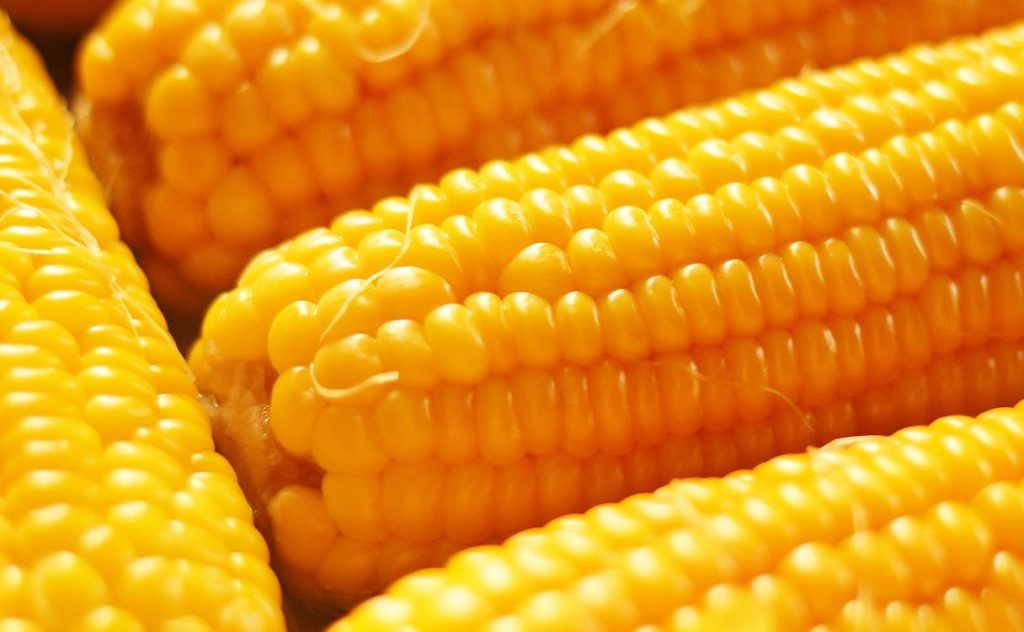China, Japan and Mexico were the largest corn importers in the world during 2022, according to data from the World Trade Organization (WTO).
While corn imports to China fell at a year-on-year rate of 11%, to US$7.104 billion, those to Japan and Mexico increased 23% and 6%, to US$5.855 billion and US$5.437 billion, respectively.
Thus, of the world’s total corn imports in 2022, China’s coverage was 10.3%; Japan’s, 8.5%; and Mexico’s, 7.9%.
On the one hand, China’s state trading enterprises have the exclusive right to import or export the following products: wheat, corn, sugar, tobacco, rice, cotton, crude and processed oil, refined coal, chemical fertilizers, tungsten and its products, antimony, and silver.
State ownership remains very important in China’s economy, even in non-strategic, commercially oriented sectors, and SOEs still have a considerable market share.
Corn importers
Pursuant to Article 13 of the Tariff Law of Japan, reductions or exemptions from customs duties imposed on imported raw materials may be granted in order to develop domestic branches of production that manufacture specific products, or to maintain stability in the daily lives of the population.
The goods benefiting from these duty reductions or exemptions include compound feeds. These consist of kaoliang, grain sorghum, corn, rye, banana powder, and sugar. The sugar must have a sucrose content, measured by weight and calculated on a dry basis, with a polarimeter reading of 98.5 degrees or higher. Additionally, molasses and cassava or sweet potatoes (such as yams and sweet potatoes) that are sliced and semi-dehydrated are included.
Unmixed feed also qualifies. This category includes kaoliang, other grain sorghum types, and corn. Moreover, peanut oil (also referred to as groundnut or peanut oil) and peanuts (groundnuts or peanuts) are part of this list.
Generally, the tax rate for these items is set at 0 percent. Japanese authorities have clarified that the list of goods under duty reductions or exemptions based on Article 13 does not classify as «end-use tariff concessions.»
In Mexico, corn imports are used primarily for livestock and industrial use, not for tortilla consumption.

